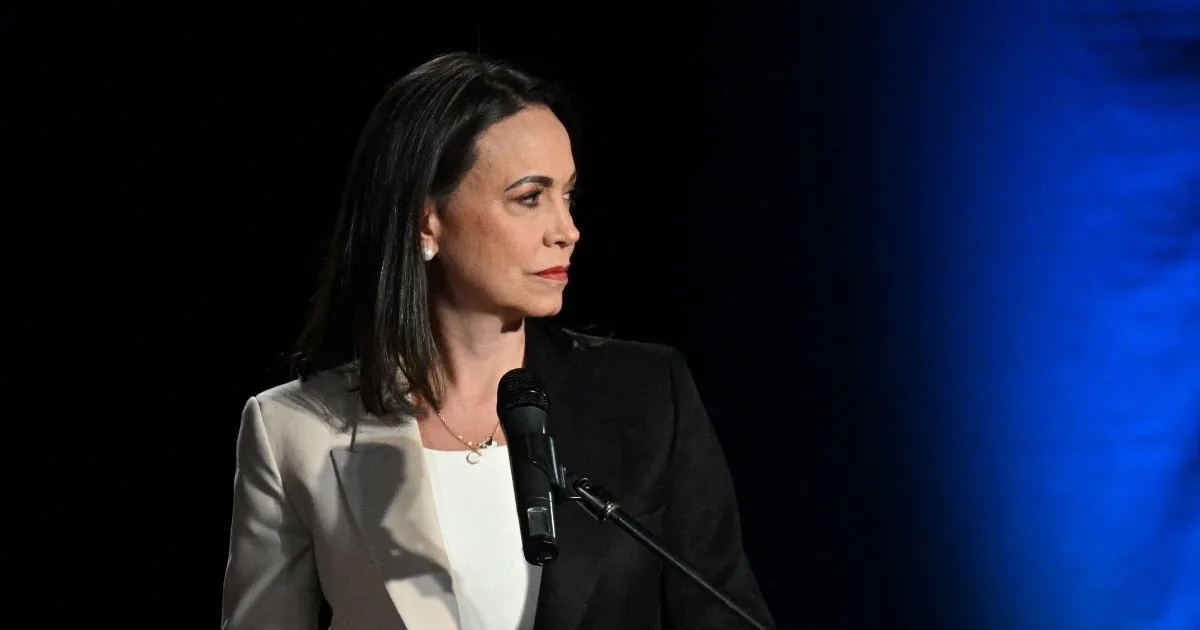Venezuela has taken a significant step by releasing five political prisoners early on Thursday.
These prisoners include key figures in the opposition. This development is part of an agreement between President Nicolás Maduro and opposition groups.
They have planned to hold presidential elections in the second half of 2024.
In a related development, the United States eased up on sanctions against Venezuela’s oil and gas industry.
This decision came from President Joe Biden’s administration on the preceding Wednesday.
The move is a direct response to Venezuela’s new electoral agreement, which was finalized on Tuesday.
However, there’s a catch in the Venezuelan agreement. It does not permit certain opposition candidates to run for office.
One of these candidates is Maria Corina Machado, who currently can’t hold any public office.

Because of this limitation, the upcoming Sunday primaries in Venezuela face a challenge.
In these primaries, Venezuelans will choose the opposition candidate who will run against Maduro in the presidential race.
In the meantime, the U.S. government is keeping an eye on the situation. They have set a deadline for Maduro, which falls at the end of November.
By this date, Maduro must remove all barriers preventing opposition candidates from running. He must also free any unjustly held political and American prisoners.
This demand was outlined in a statement from U.S. Secretary of State Antony Blinken.
Background
The history of Venezuela’s political landscape is complex and volatile. For many years, the country has faced economic hardships and international scrutiny.
Notably, former President Hugo Chávez had a significant impact on the nation before his death in 2013.
He led a socialist government that nationalized key industries but also faced criticism for its authoritarian tendencies.
After Chávez’s death, Nicolás Maduro took office and continued similar policies.
However, his tenure has seen increased economic challenges, including hyperinflation and food shortages.
The international community has been divided in its approach to Venezuela. Some countries support the government, while others back the opposition, leading to a highly polarized situation.
These recent developments might signal a turning point in Venezuela’s political saga. They could either pave the way for more democratic practices or deepen existing divisions.
With international eyes closely watching, the decisions made in the coming months will be pivotal. Both national and international stakeholders await the outcomes with keen interest.

